Wuthering Heights - Tumblr Posts
most ppl: *watch pride and prejudice (2005)* ugh that love story! the pining!! chef’s kiss!
me: *watches wuthering heights (2009)* yes yes yes you should ruin each other. kill each other. no even better drive each other utterly insane. make your love and inability to b together everyone else’s problem until they’re driven insane too. this is true love.

Classics Illustrated #59. "Wuthering Heights" by Emily Brontë.

October 14, 2020
Made a cup of coffee to help me through my notes. I’m reading Wuthering Heights for the first time and I’m writing a summary of each chapter to help me better understand the story. I don’t do this for every book I read but W.H has quite a few characters and I’m already like “wait who?”🥴 Also been brewing my coffee with the pour over method lately. Love it.☕️✨ {mine}

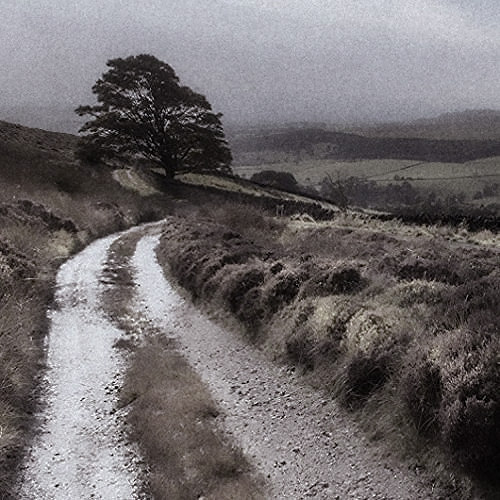

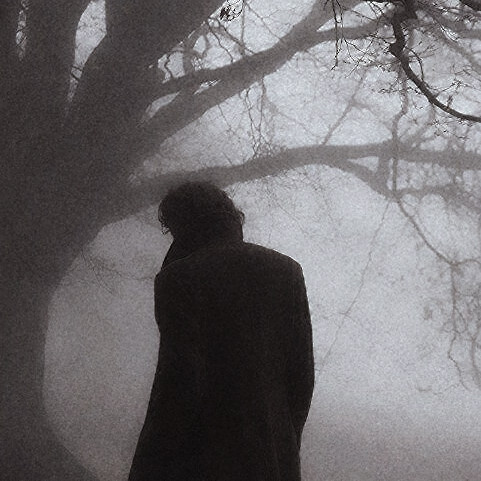

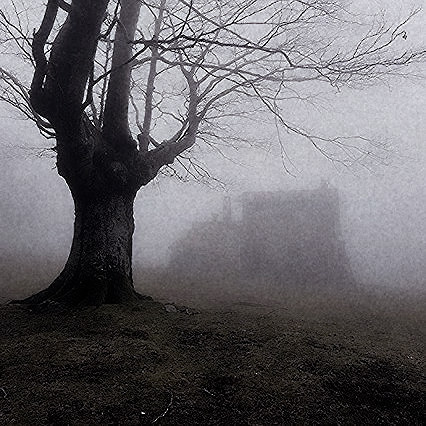
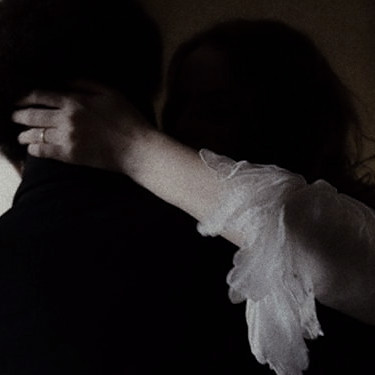

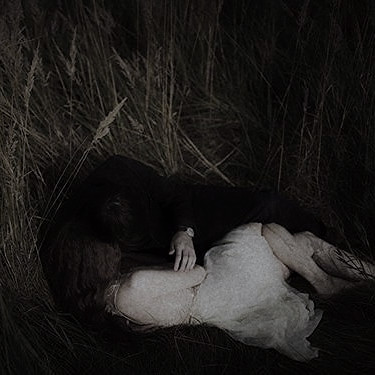
You said I killed you, haunt me then. Be with me always, take any form, drive me mad. Only do not leave me in this abyss, where I cannot find you.
Halloween Help
In a surprising turn of events, I've been invited to a Halloween costume party. I rarely get to do fancy dress, so I am debating my costume options. I want to do something music themed, and I want it to be recognizable to my friends that aren't as obsessed with music as me. So no EYCTE cosplay or Cornerstone.
Even though I would look amazing as Humbug Alex, and I already have white headphones and that haircut, no one would get it. 😑
At first I was leaning toward Freddie Mercury. I'd need to pick up a mustache and a cape + crown but that's pretty easy. Being in a femme body somehow makes me super excited to play with gender in costume.

But I'm torn because I could also go as Kate Bush. I love this video and the song. Get enough drinks in me and I will do this dance *regardless* of costume.
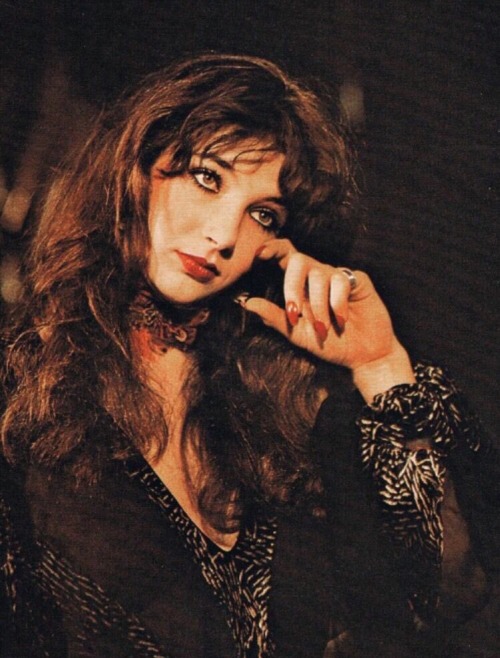
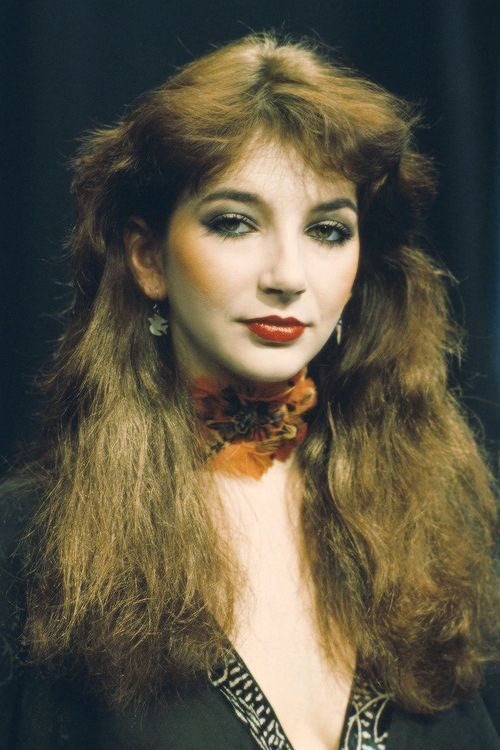
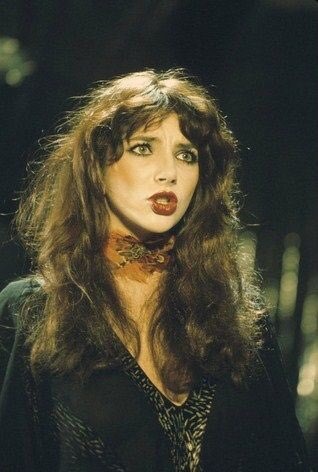
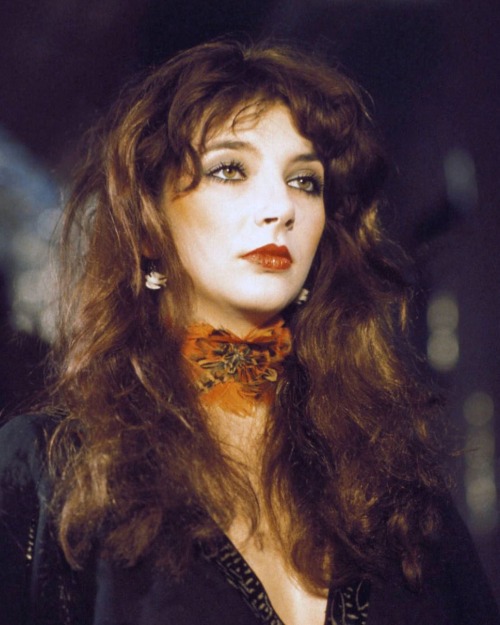
kate bush during a performance of “wuthering heights” (1978)
"omg!!! wuthering heights is so difficult to read and so boring!!! i didn't understand a thing!!!" just get good at reading bc you are absolutely missing out on so much. coho isn't 'dark romance', emily brontë is.
what's a book you read as a teenager that was so magical and personally profound to you it literally changed your life, doesnt matter if the book was actually well written or not. mine's probably the catcher in the rye
I want you to be aware that I KNOW you have treated me infernally—infernally! Do you hear? And if you flatter yourself that I don't perceive it, you are a fool; and if you think I can be consoled by sweet words, you are an idiot: and if you fancy I'll suffer unrevenged, I'll convince you of the contrary, in a very little while!
—Emily Brontë, Wuthering Heights
Angela Carter: “Wuthering Heights [is] an impossible novel that ought not to exist, a novel that makes us believe the world can crack apart like an egg when its shell is blown apart by the irrepressible force of human desire. […] It is a love story that takes for granted, that takes a perverse pleasure, an insane joy, in fact, in the way desire rips through the fabric of society and demands the sacrifice of status, family, honour. And finally of life, probably.”
My fingers closed on the fingers of a little, ice-cold hand! The intense horror of nightmare came over me: I tried to draw back my arm, but the hand clung to it, and a most melancholy voice sobbed, 'Let me in—let me in!' 'Who are you?' I asked, struggling, meanwhile, to disengage myself. 'Catherine Linton,' it replied, shiveringly (...), 'I'm come home: I'd lost my way on the moor!' As it spoke, I discerned, obscurely, a child's face looking through the window. Terror made me cruel; and, finding it useless to attempt shaking the creature off, I pulled its wrist on to the broken pane, and rubbed it to and fro till the blood ran down and soaked the bedclothes: still it wailed, 'Let me in!' and maintained its tenacious gripe, almost maddening me with fear. ──────────────────────────── He got on to the bed, and wrenched open the lattice, bursting, as he pulled at it, into an uncontrollable passion of tears. 'Come in! come in!' he sobbed. 'Cathy, do come. Oh, do—ONCE more! Oh! my heart's darling! hear me THIS time, Catherine, at last!'
—Emily Brontë, Wuthering Heights
He wanted all to lie in an ecstasy of peace; I wanted all to sparkle and dance in a glorious jubilee. I said his heaven would be only half alive; and he said mine would be drunk: I said I should fall asleep in his; and he said he could not breathe in mine.
—Emily Brontë, Wuthering Heights
i think it’s fair to say that cathy sacrificed her love for heathcliff in order to appease her family obligation. falling in love with edgar was a choice but falling in love with heathcliff was fate. i believe she struggled internally with the expectations of her family and her real desires. she was the black sheep of her family and wanted to make sure she didn’t lose them. cathy was incredibly loyal but she was quite ignornant - most especially with her family’s mistreatment of heathcliff while she was the only one who was kind and she’d also failed to see heathcliff would sacrifice the world to be with her but she only saw a dire financial situation. marrying edgar was the only way to ensure she was well cared for.
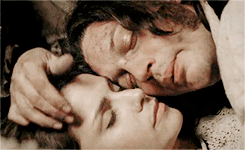
More thoughts on “Wuthering Heights”
Recent discussions about the nature of Heathcliff and Catherine’s love, especially in @astrangechoiceoffavourites’s posts, have made me think about a topic that I’ve seen a few critics discuss in the past, but not many. Namely that they don’t love each other in precisely the same way. Without denying the soul connection they do share, each one’s individual love has distinctly different nuances.
Cathy is the one who describes her love for Heathcliff in the unique terms that are so often quoted and as the description of “their” love: “…he’s more myself than I am,” “Whatever our souls are made of, his and mine are the same,” “I am Heathcliff!” etc. She’s the one who emphasizes their twin souls and insists that Heathcliff is her “own being.” Her love doesn’t care about his looks (she acknowledges that he’s handsome, but only to say that it’s not why she loves him), or whether or not he’s “pleasant to be with,” or the presence of other romantic partners in either of their lives. She feels free to fall in love with Edgar, without it diminishing her deeper love for Heathcliff, and doesn’t think her marriage will change her relationship with Heathcliff at all, because she assumes he understands her perfectly. (She’s sadly wrong in that last regard.) And the same is true in reverse. This might be an unpopular, debatable opinion, but she arguably shows no real jealousy when Isabella falls in love with Heathcliff: she objects to their match because she knows it will drive Edgar to banish Heathcliff from their lives, and because she knows Heathcliff doesn’t love Isabella and will mistreat her, but she says that if Heathcliff had really cared for Isabella, then she would have been willing to let them marry. While each of them straddles the line between lover and sibling for the other, Cathy’s love is the easier of the two to interpret as an intense, codependent platonic love rather than romantic love.
Heathcliff’s love definitely seems more conventionally romantic. At age thirteen he speaks of Catherine’s “beautiful hair” and “enchanting face” and describes her as “immeasurably superior to everybody on earth.” To the end of his life, Nelly’s narration refers to Cathy as his “idol,” and he describes himself as her “slave” – Cathy, on the other hand, sees him as her twin soul, but never idolizes him the way he does her. Nor does he ever have romantic feelings for any other woman, and he’s jealous of Edgar’s presence in her life and sees her as despising and rejecting him when she accepts Edgar’s proposal, even though she doesn’t view it as such herself. By marrying Edgar, he describes her as having “levelled my palace” and erected a “hovel” in its place by expecting him to be content as her friend. At the same time, while he does her call his “life” and “soul,” he never claims to be her, or describes her as “more myself than I am,” or assumes that perfect understanding exists between them. She presumes that they share a deeper degree of sameness and mutual understanding than he ever mentions, while his love has layers of both worship and possessiveness that her’s lacks.
This extends into the notorious love-hate aspect of their bond. The inherent ambivalence that critics often attribute to both of them (e.g. “They love each other, but they don’t like each other”) is really more inherent to Catherine than to Heathcliff. She’s the one who describes him as not being a pleasure to her any more than she’s always a pleasure to herself, and who describes her love for him as “a source of little visible delight, but necessary.” She’s the one who freely describes him as “an unreclaimed creature, without refinement, without cultivation” and “a fierce, pitiless, wolfish man,” even when they’re not at odds with each other. Heathcliff’s feelings for her seem less inherently complex; he seems to view her with pure adoration until she befriends the Lintons and his later anger toward her is the more conventional anger of a scorned lover.
Of course part of these differences lie in the class and racial difference between them. She was the privileged daughter of a genteel white family, while he was their poor foundling of a despised race, later reduced to a servant – given the time and place they live in, it makes all too much sense that he should idolize her while she views him as a brute even as she loves him. Although of course it’s complicated, since her father favored Heathcliff above her while he was alive and her wild, unladylike temperament made her a misfit in a different way. Part of Heathcliff’s anger clearly stems from the fact that he and Cathy were once “two outcasts against the world,” so to speak, but then she switched her allegiance to “the world.”
The differences in their loves are interesting, and just as interesting are the different interpretations from the critics I’ve read so far who acknowledge those differences. Some take a more positive view of Heathcliff’s love and a more negative view of Cathy’s, claiming that his more traditional, relatable romantic love is “real” love, while she, textbook narcissist that she is, only loves him as a perceived extension of herself and is so convinced of their inner “sameness” (yet at the same time looking down on him) that she fails to consider his needs as a separate individual. Others take a more positive view of Cathy’s love, seeing the idealism in her vision of a love that features complete mutual understanding and identification with the other, that involves no unrealistic idolizing but sees the other’s flaws yet loves them anyway, and that transcends social convention and any need to possess; Heathcliff, in this view, is the one who falls short by failing to love her without possessiveness. I think both of those interpretations are valid… I might even agree with both at once.
(Note: This is one of the main reasons why I have no patience for claims that Emily Brontë must have had a secret lover, and even less patience for claims that she must have loved someone who rejected her and used Heathcliff as a mouthpiece for her pain and anger. That hypothesis ignores the fact that some of the book’s most unique expressions of love, most different from any portrayal of love she would have found in books and poems, are Cathy’s descriptions of her love for Heathcliff, not so much vice-versa. And Cathy’s love makes perfect sense as the creation of an author whose main experience of love was familial. A sexless love that has nothing to do with looks, where you don’t always “like” the other and sometimes even “hate” them but always love them, where no one understands you the way they do, nor does anyone understand them the way you do, and where you can both be more authentic with each other than with anyone else… Doesn’t that sound more like sibling love than conventional romantic love and make sense as having been written by an author with three close siblings but no romantic partner?)
sometimes i like to imagine that cathy and heathcliff haunt the moors together on the wh estate. if they can’t be together in life; they’ll live together in death. they’re souls intertwined forever more.
if catherine had ever thought heathcliff was a worthy husband she’d have never have considered edgar in the first place.
i’m not saying cathy never loved heathcliff; she did, that much is true. but isabella on the other hand, stood by heathcliff until her dying day; even when he’d managed to make enemies everywhere he went, she believed that she could cure his infatuation with cathy; and is aware she risks her relationship with edgar. even if this relationship, too, is toxic, it just goes to show how much of an inferiority complex brontë weaves into the novel.
if you think about the setting and ideally the periods the brontës were writing in, surely you can understand that still people were fearful of the unknown, myths and legends, witchcraft and apparitions; it would make anyone mental.
but the fact that brontë personifies this into a piece of fiction. that’s what gets me. she openly challenges people to look at the repercussions and the consequences of toxic relationships, delirium, abuse, and chooses to be risky in her portrayals of “ghosts” and mental health issues. it’s sort of like she’s speaking directly to her audience



